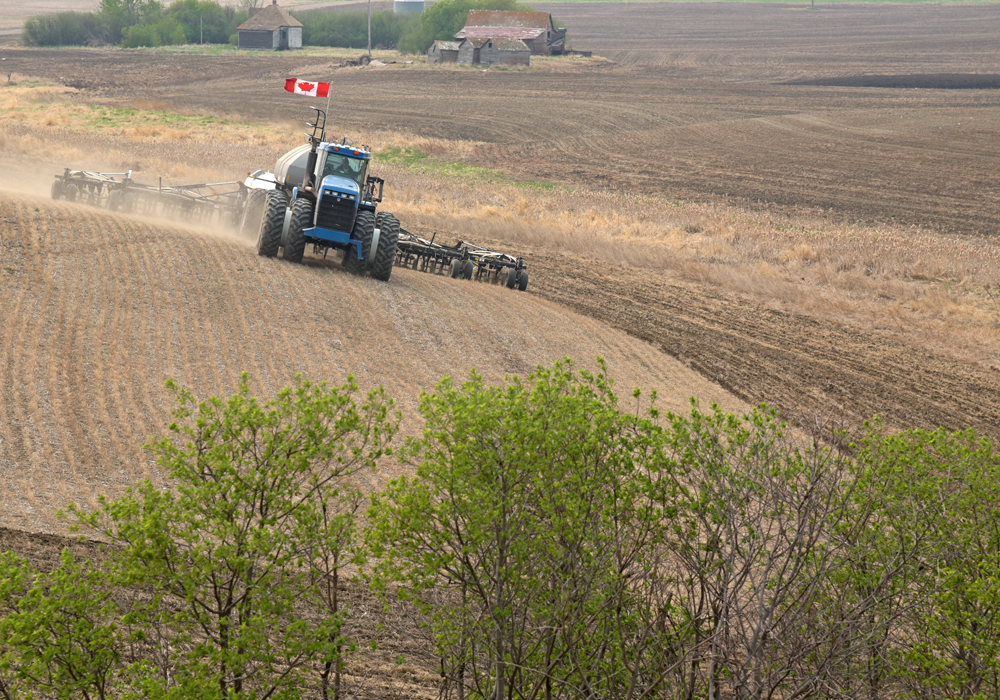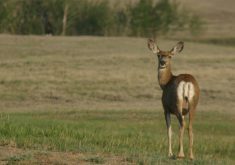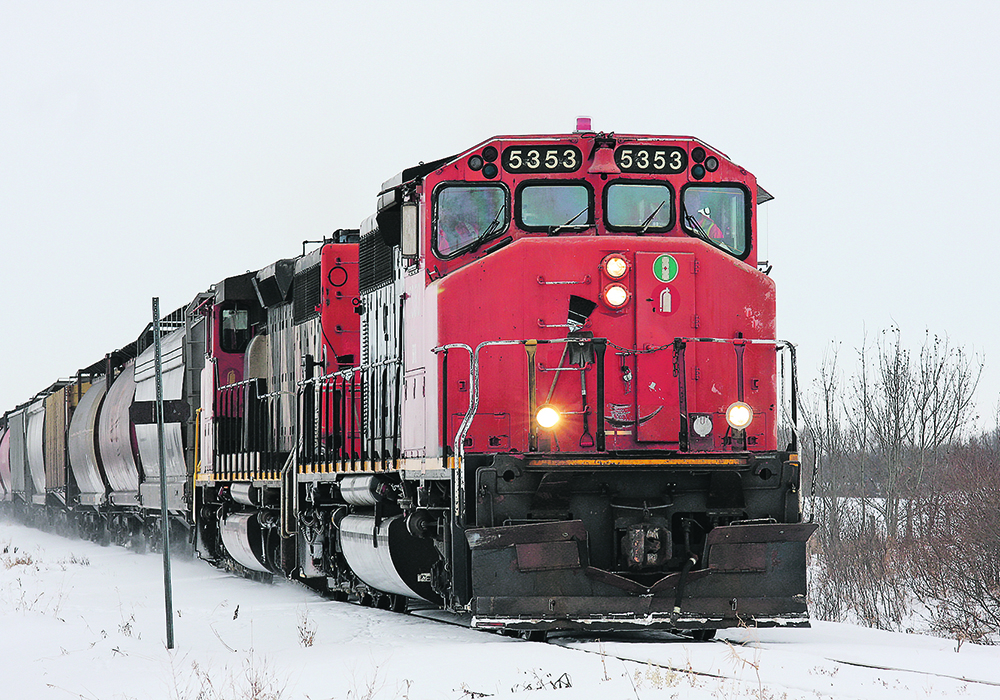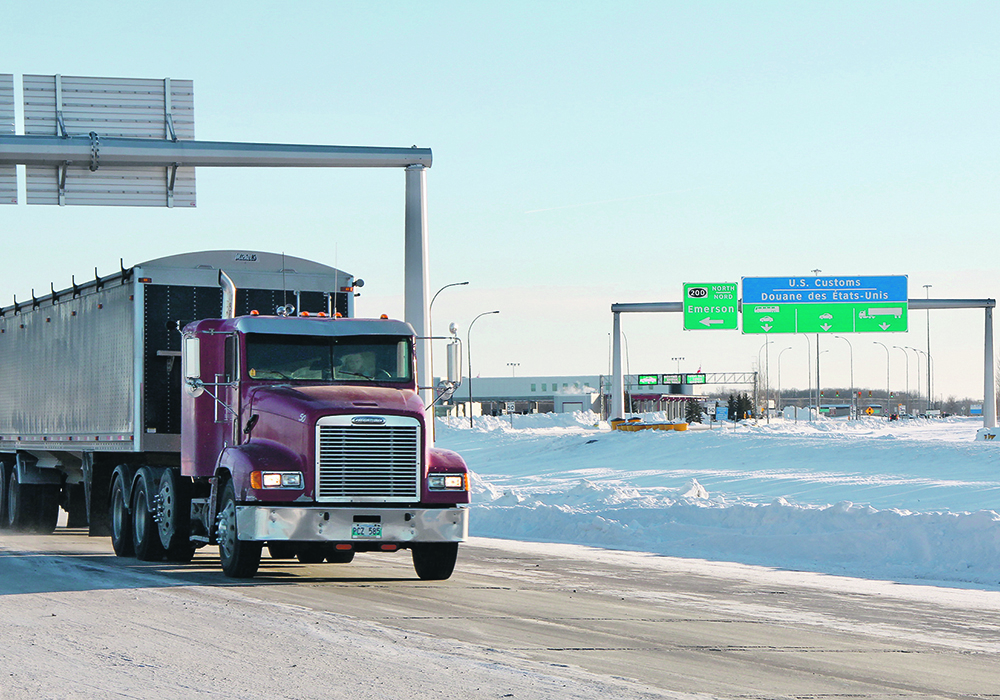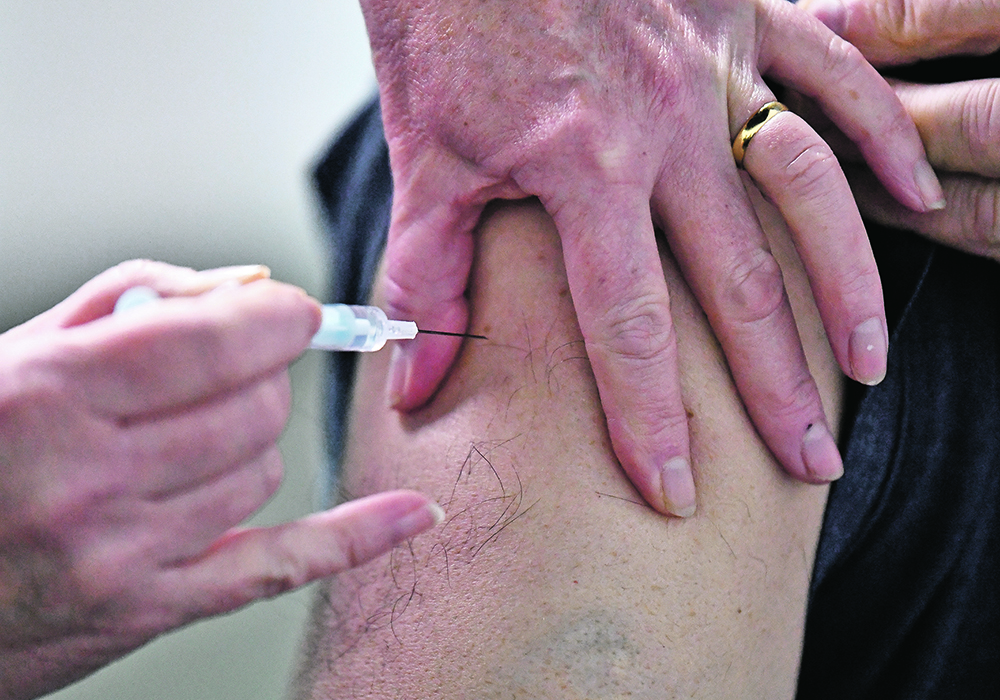It’s reasonable to press for appropriate support for the farmers and farm sectors in need, but at least for now, the grain sector is in far less need than some others.
For employees and businesses, the federal government has responded quickly with various support programs. Often those programs have been altered on the fly to address obvious shortcomings. That happens when new programs are rolled out quickly.
With so much government money flying around and with billions being doled out to American farmers, there’s a natural tendency to ask, “why not me?”
Read Also

Higher farmland taxes for investors could solve two problems
The highest education and health care land tax would be for landlords, including investment companies, with no family ties to the land.
Mary Robinson, president of the Canadian Federation of Agriculture, received national attention when she said immediate action is needed or many farmers may not plant a crop this spring. That may be true on farms that rely on temporary foreign workers. It certainly isn’t the case for grain farms in Western Canada.
The federal government has responded to the labour issue by providing financial support to cover the wages of foreign workers during their two-week mandatory isolation period. Sadly, even with record unemployment it’s difficult to find Canadians to do the hard physical labour required for domestic vegetable and fruit production. This is a serious problem and the CFA is correct to flag its importance for domestic food security in the midst of a global pandemic.
Another major issue is meat supply. The slowdown and temporary shutdowns of beef, pork and poultry processing plants is being felt all the way back to the farm. The proposal by the Canadian Cattlemen’s Association for a set-aside program to slow the finishing of cattle is a logical response. It’s not a solution, but at least it addresses the problem.
Feedlots are being hit hard by the slowdown in processing capacity. Prices have dropped dramatically. While this is extremely worrisome for cow-calf producers, they have more ability to hold animals off the market in the hopes of price improvement.
Unfortunately, for producers seeking price protection under the Western Livestock Price Insurance Program, premiums have become onerous due to all the risk in the marketplace. It has long made sense for governments to be sharing this premium cost with producers, similar to how governments share the cost of crop insurance.
As the ramifications of the pandemic unfold, more challenges could emerge and hopefully governments will respond appropriately. So far, grain markets haven’t been severely stressed and some commodities have actually been showing price strength, notably lentils, peas and durum.
When Robinson talked about many producers not planting a crop this spring, the general public may have assumed this applied to grain, oilseed and pulse crops. She didn’t differentiate.
The idea of a direct payment to all farmers through AgriInvest based on eligible net sales is floating around. While simple to administer, that would be bad policy.
Grain producers could end up having a good year. In fact, returns might even be enhanced due to the pandemic. No one knows. Why send government money to farmers who haven’t been hurt?
It’s surprising to see so many farm group leaders pressing for a universal farm assistance program. This is even coming from some of the right-wing supposedly business-oriented crowd.
There are actions the government should take such as cancelling the carbon tax and improving AgriStability support, but universal farm handouts make no sense, at least not at this point.
Kevin Hursh is an agricultural journalist, consultant and farmer. He can be reached by e-mail at kevin@hursh.ca.


